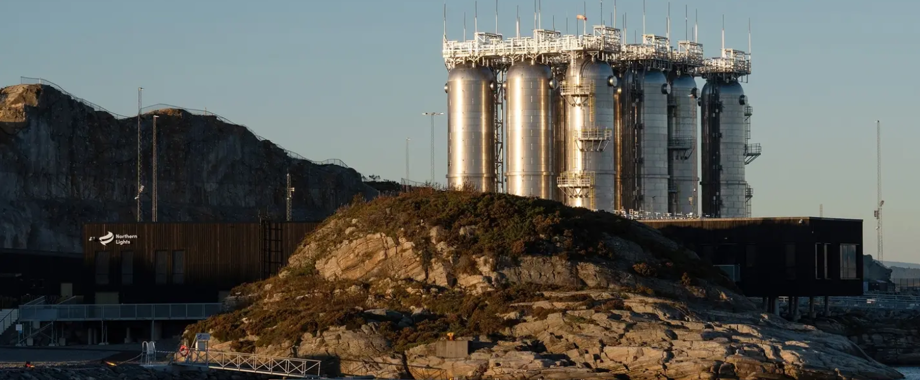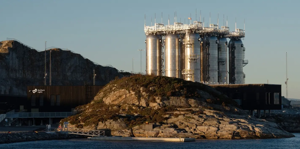
Norway's Northern Lights CCS Project Starts Operations with First CO₂ Injected
CO₂ shipments arrive by ship from Heidelberg Materials’ cement plant in Brevik, Norway, before being transferred through a 62-mile pipeline and injected into the Aurora reservoir.
(P&GJ) — The Northern Lights project has begun operations, injecting its first carbon dioxide volumes into a reservoir 2,600 meters beneath the North Sea seabed.

The facility is the world’s first third-party CO₂ transport and storage project, developed to cut European greenhouse gas emissions. CO₂ shipments arrive by ship from Heidelberg Materials’ cement plant in Brevik, Norway, before being transferred through a 100-kilometer (62-mile) pipeline and injected into the Aurora reservoir.
“With CO₂ safely stored below the seabed, we mark a major milestone. This demonstrates the viability of carbon capture, transport and storage as a scalable industry. With the support from the Norwegian government and in close collaboration with our partners, we have successfully transformed this project from concept to reality,” said Equinor CEO Anders Opedal.
Northern Lights is a joint venture equally owned by Equinor, Shell and TotalEnergies. Equinor, serving as technical service provider, built the Øygarden facility and offshore infrastructure and will manage operations.
“Lifting new value chains like CO₂ capture, transport and storage requires collaboration and effort across the value chain — from governments, industry and customers. With Northern Lights in operation, we have proven that this is possible. Now, we look forward to leading safe and efficient operations on behalf of the Northern Lights partnership and use this as a stepping stone for the further development of CCS in Europe,” said Irene Rummelhoff, executive vice president of Equinor’s Marketing, Midstream and Processing.
Phase one of the project has capacity for 1.5 million tonnes of CO₂ per year, all of which is fully booked. A second phase is underway to expand capacity to at least 5 million tonnes annually, supported by EU Connecting Europe Facility funding and a contract with Stockholm Exergi for 900,000 tonnes per year. Construction includes new storage tanks, a jetty and additional injection wells.
Equinor said it aims to develop 30–50 million tonnes of CO₂ transport and storage capacity by 2035 through projects in Europe and the U.S.
